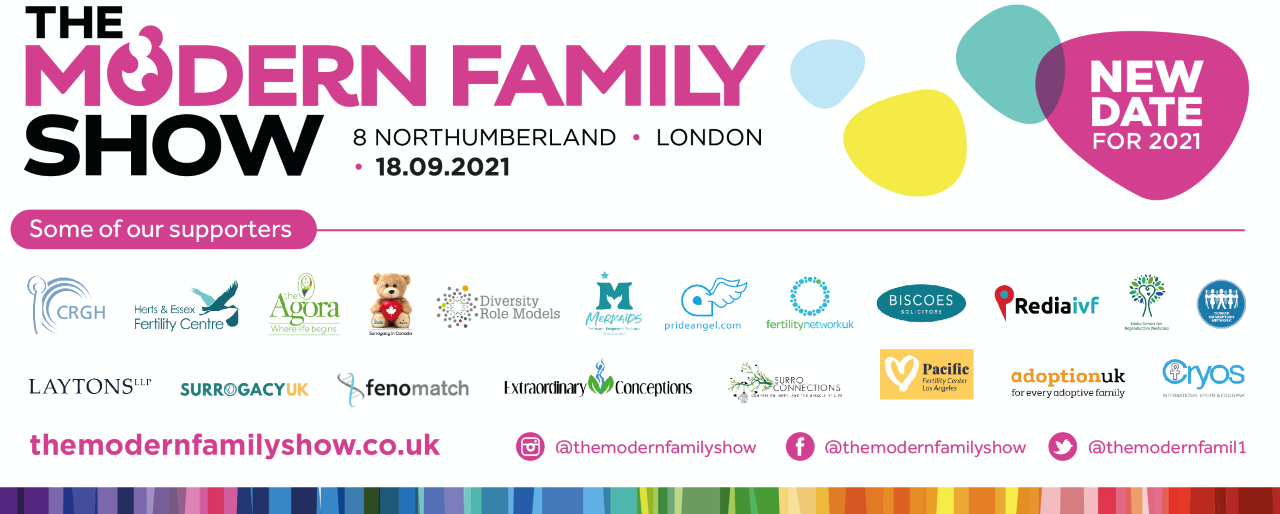
I'm Telling My Story to Help Remove Mental Health Stigma
As part of myGwork's Mental Health Campaign, Carole Mehigan from Reed Smith wrote this for us to share her story.

My name is Carole Mehigan and I am the Responsible Business Manager for EMEA at Reed Smith. I manage all our community outreach projects focussed on vulnerable areas of the community, D,E & I programmes focussed on young people of all ages and our larger fundraising initiatives. I also help with our internal D,E & I focusses with a particular interest in mental health. I am a mental health first aider and a first aider at work for the firm.
My mental health conditions are Bipolar depression, Complex PTSD (Post Traumatic Stress Disorder), severe anxiety and OCD (Obsessive Compulsive Disorder). I was re-diagnosed in May 2020 with these conditions, although I always knew that I suffered from severe anxiety and OCD. My severe anxiety can reach a point when I can’t go outside my front door as it can make we super sensitive to being in public and around people especially during the current pandemic situation. My severe anxiety can also be triggered by my other conditions which can make me paranoid. My OCD takes the form of safety ticks which means that I have to touch or turn certain objects to ensure the safety of my loved ones, especially my children. I also have to count when doing my touch or turn and have a worry about odd numbers, i.e. volume on the television or radio has to be on an even number.
My Bipolar depression, otherwise known as Bipolar type 2 is the other type of Bipolar that can be misdiagnosed as clinical depression (depression that requires medication to treat it). For over 30 years I had been treated for clinical depression in many different forms including acute postnatal depression. Treatment took the form of either anti-depressants or CBT therapy. Sometimes this helped but to be honest didn’t make me feel much better for very long. In May 2020, after having a complete mental breakdown, I was referred to a psychiatrist and after lengthy discussions, she diagnosed me with Bipolar depression. This means that I have more lows than highs when I have an attack which can make me think of self-harm and suicide for many days, weeks and months. Anti-depressants are not what I need because that increases the low mood. I am now on anti-psychotic medication which is also used to treat psychosis, schizophrenia and mania. This has been a game changer and life restorer for me and I now feel that it wasn’t just in my head but that I actually have something more defining in regards to depression.
My Complex PTSD. Being diagnosed with this has been a revelation as like many people I thought that you could only experience this type of condition if you had witnessed horrendous acts of violence, like our service people who go to war, or people working in the emergency services witnessing death, violence and risking their lives to save others. Again until I was diagnosed by my psychiatrist and started treatment with my psychotherapist, this was unknown territory for me. For me, Complex PTSD is like trying to heal three parts of yourself – the child, the adolescent and the adult in me. The best treatment for this is EMDR (Eye Movement Desensitization and Reprocessing). It is very intense therapy as you have to concentrate on traumatic incidents that have happened in your life and then with the help of a sensor bar (currently used because of social distancing regulations), your concentration on the movement of the bar starts to help reduce the feeling of the trauma memory. I had 4 months of this therapy which has really helped me to manage this condition better using the techniques I have learnt from my therapist. I still have a long way to go but I feel confident that this will help me to heal the child and adolescent within me, and help the adult me continue to deal with the more recent trauma, with the outcome of having a safe and happy life!
I was on sick leave for a total of 11 weeks, 5 of those weeks I spent in a psychiatric unit at The Priory in Kent. When I returned home I had regular check-ins with various colleagues on a weekly basis and was under no pressure to return to work until I was completely ready to do so. To ease me back into my role, I did a 4 week phased return to work. My supervising partner, team, HR and colleagues throughout the firm where absolutely amazing and supported me the entire time.
I feel that the amazing support, assistance and non-judgement from my colleagues and the firm helped with the smooth transition back to work and allowed me to ease myself back into my role with no pressure. This in turn rebuilt my confidence in doing my job and allowed me to be transparent about my mental health journey which I hope can help others who may be in a similar situation.
We must continue to remove the mental health stigma from under the carpet and put it on the coffee table to keep the discussions going!
For Mental Health Awareness Week this year, myGwork has organized an event to raise awareness of the mental health issues that LGBTQ+ people face in the workplace. Scheduled to take place on 11 May 2022 at 4pm BST, LGBTQ+ professionals will talk about their own experiences with mental health, along with practical steps and advice to improve the mental health of individuals and the LGBTQ+ community at work. Click here to sign up and register for free.

